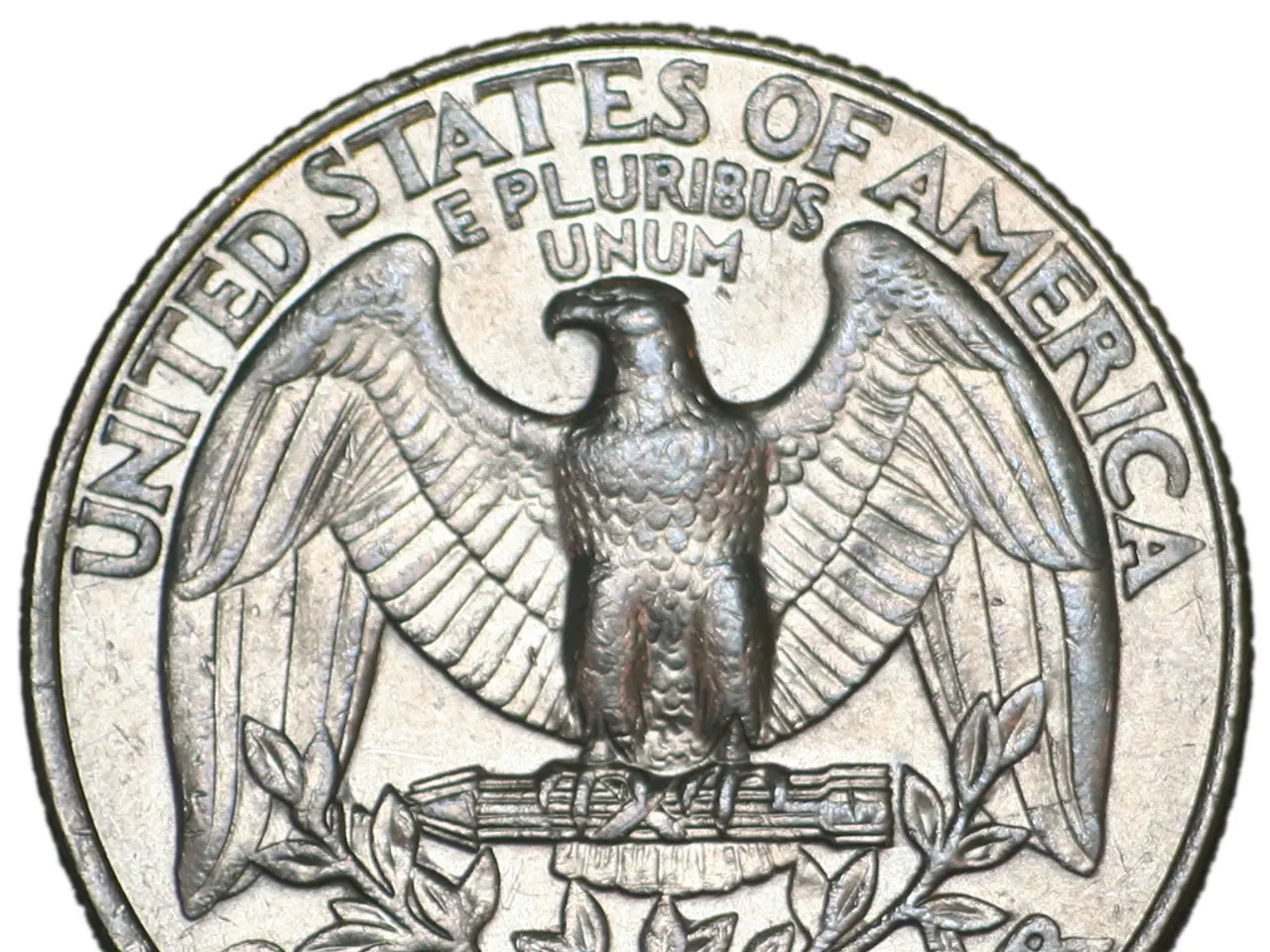Kuwait ranks among the major global players in the Islamic finance sector, boasting an impressive $109 billion in assets.
In the heart of the Gulf Cooperation Council (GCC), Kuwait's Islamic banking sector is making significant strides, benefiting from increased venture capital activity and a focus on digital innovation. This growth is in line with broader trends across the GCC, positioning Kuwait as a key player in the global Islamic finance market.
The Central Bank of Kuwait issued digital banking guidelines in February 2022, leading to the launch of digital platforms by several major banks, including NBK's "Weyay", Boubyan Bank's "Nomo", and KFH's "Tamm Bank". This digital transformation is a testament to the sector's commitment to innovation and customer-centric services.
As of March 2025, Kuwait Finance House (KFH) has become the second-largest bank in Kuwait, controlling 32% of total banking assets. KFH reported a profit of KD 482.9 million in Q3 2024, a 4.6% year-on-year increase, indicating steady growth and strong demand for Sharia-compliant products.
Islamic banking globally contributed about 68.45% to the Islamic finance market in 2024, underscoring its importance in deposit mobilization and credit creation. The sector's growth in Kuwait is driven by increasing demand for ethical and Sharia-compliant financial solutions, risk-sharing models, and supportive government regulations.
Sukuk (Islamic bonds) and Takaful (Islamic insurance) are growing segments in Kuwait, with sukuk increasingly used for infrastructure and real estate financing, and takaful expanding rapidly with product customization and digital servicing driving uptake among SMEs and gig economy workers.
The global Islamic finance market is projected to grow at a compound annual growth rate (CAGR) of 11–12% over the next decade, reaching $13.89 billion by 2029 in some segments, while total Islamic finance assets could reach $9.31 trillion by 2030. Kuwait’s market is expected to continue outperforming conventional banks in certain segments, especially in corporate and retail deposit and credit products, due to strong governance, ethical appeal, and favorable regulatory environments.
Islamic finance's alignment with ethical and socially responsible investing principles attracts a growing customer base, including both individuals and institutions. Supportive government policies and regulations further strengthen the sector’s position relative to conventional banks.
While conventional banks continue to hold significant market share and offer a broader range of products in some cases, the future of Islamic finance in Kuwait is bright. The sector is expected to continue expanding its market share, driven by innovation, strong governance, and favourable regulatory frameworks. The embrace of digital transformation and sustainable finance will further propel its growth.
In conclusion, the Islamic finance sector in Kuwait is both robust and dynamic, reflecting broader trends in the global market. With Sharia-compliant financing assets reaching $109 billion in 2024, up from $85 billion in September 2021, and Islamic banks in the GCC, including Kuwait, expected to maintain strong capital and liquidity positions, higher profitability margins, and continued growth supported by government policies and economic momentum, the future looks promising for this thriving sector.
- The digital transformation in Kuwait's Islamic banking sector, as evidenced by the launch of digital platforms by major banks, is a testament to the sector's commitment to technology and innovation, particularly in fintech and data-and-cloud-computing.
- The growth of the Islamic finance market in Kuwait is not only driven by increasing demand for ethical and Sharia-compliant solutions but also by the sector's focus on innovation, as indicated by the embrace of digital transformation and sustainable finance.
- The banking-and-insurance industry in Kuwait, including sectors like sukuk and takaful, is benefiting from the supportive regulatory environment, which encourages growth and attracts investors, both individually and institutionally, due to its alignment with ethical and socially responsible investing principles.




